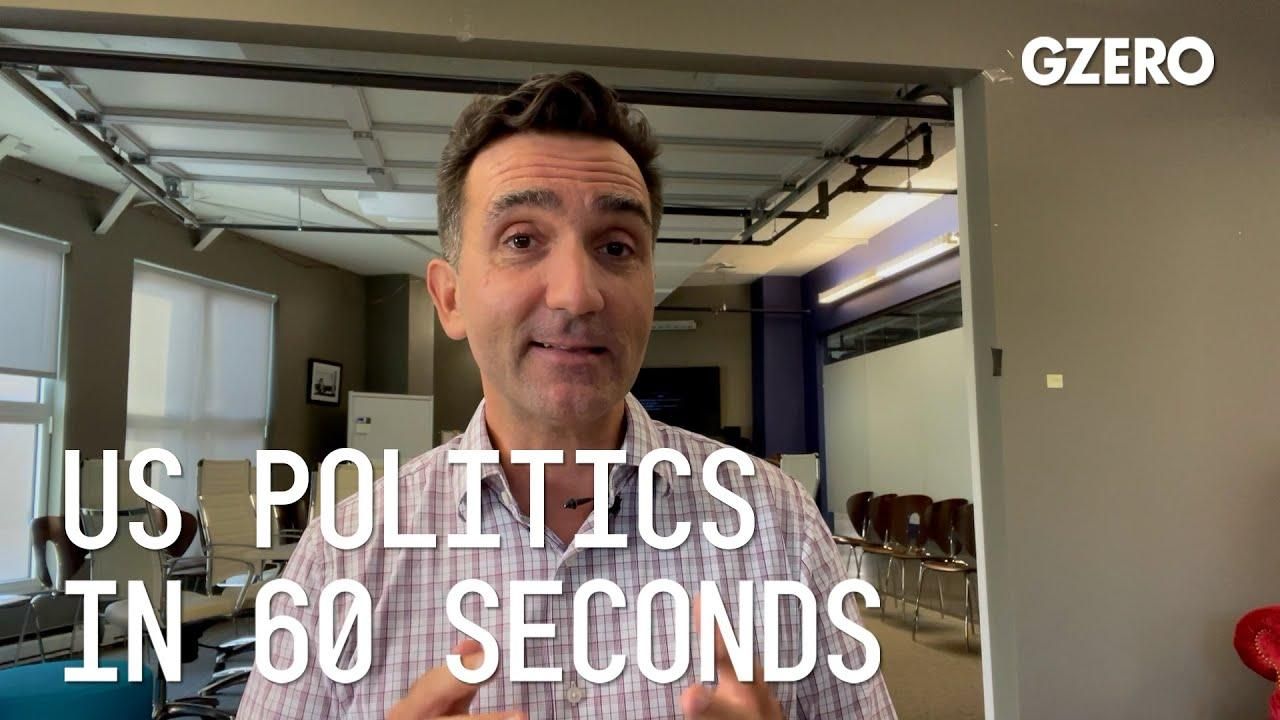
Jon Lieber, head of Eurasia Group's coverage of political and policy developments in Washington, DC shares his perspective on US politics:
What role will immigration play in the midterm elections?
Immigration has been in the news a lot this week, and not because the US recently hit a record number of border encounters at two million. Several border state Republican governors, including those in Arizona and Texas, have started to charter buses to send immigrants from their states to the northeast, in the states and cities that are typically run by Democrats, who have generally embraced a more lax policy towards immigration, yet have not had to try and absorb the new migrants into the population in any significant numbers like the border states have. This practice has been going on for a while. Here in Washington, DC, the city has welcomed hundreds of migrants over the last several weeks. But the heat really got turned up to 11 earlier this week with a controversial stunt pulled by Florida Governor Ron DeSantis, who flew 40 Venezuelan migrants from Texas to the exclusive islands of Martha's Vineyard.
What's the Florida governor doing flying migrants from a state he does not run? Good question. What DeSantis has done has been a lightning rod for controversy and has attracted a lot of attention from the media to the number of migrants coming to the US, but has also led to accusations that he's acting coolly and treating these people as political pawns. DeSantis does not have much to fear from the people who've criticized this move. It's been pretty popular with Republicans and has ignited a conversation in the press about immigration that Republicans hope will help them win over independent voters in the midterm elections.
Many of these immigrants are seeking asylum in the United States, as they flee political persecution and poverty in their home countries. These people cross the border illegally, but once they have arrived and applied for asylum, they are here legally. It can take years to resolve these humanitarian claims, and many of these migrants end up staying in the US for months or even years while their cases are considered, usually relocated to other border states or places deeper in the United States.
DeSantis's controversial actions have drawn attention to this massive spike in immigrant encounters, from 1.6 million last year to over two million this year, and drawn political attention to the outsized burden that border states bear from the surge of migrants, which is a major issue for Republican voters but not so much for Democrats, who in this cycle are telling pollsters, care about abortion access and gun violence than immigration. The Biden administration is attempting to detain this surge in migrants and is deporting roughly half of the adults that they encounter. This is going to remain a major political issue that begs for a legislative solution, but Republicans and Democrats are so far apart on it, it's unlikely there's one coming anytime soon.